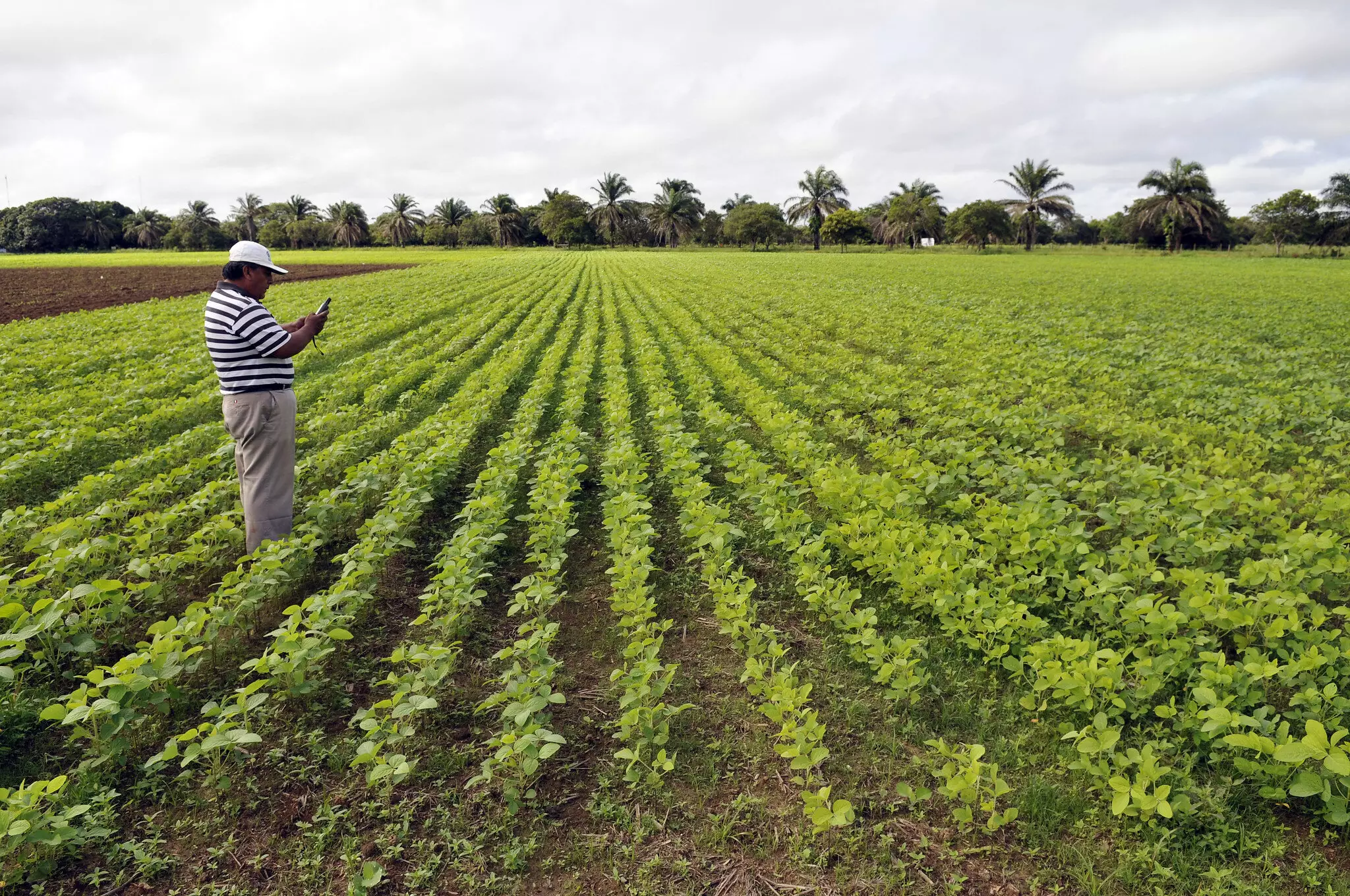Foreign direct investments (FDI) are often lauded as catalysts for economic development in tropical nations, promising job creation, technological advancements, and improved infrastructure. However, behind this façade of progress lurks a far less palatable reality; the environmental toll can be catastrophic. As FDI flows into sectors like mining and logging, these investments frequently contribute to significant deforestation and biodiversity loss. With agriculture being the largest driver of deforestation in tropical countries, one must ask: Are investments in food systems merely another facet of this extractive industry?
As nations seek to leverage their natural resources for financial gain, the consequences for ecosystems and local communities are profound and often ignored. New European regulations aiming to mitigate tropical deforestation in food supply chains may address some issues, but they remain insufficient in tackling the broader implications of FDI on global food systems.
The Troubling Link Between Urbanization and Forest Destruction
A recent study analyzing the interconnections between FDI, urbanization, and deforestation across 40 tropical and subtropical countries reveals a troubling pattern. While traditional metrics such as GDP growth and population increase have long been scrutinized as contributors to environmental decline, this research indicates that FDI and urban expansion are far more potent drivers of tree cover loss. The data tracked from 2004 to 2021, processed through sophisticated machine learning algorithms, has illustrated a startling narrative about the interconnectedness of human consumption patterns and environmental health.
Lead author Janelle Sylvester emphasizes the need to expand our focus beyond mere export metrics. Domestic food consumption, heavily influenced by both urbanization and foreign investments, plays a pivotal role in driving deforestation. Simply adept at producing food for export does not alleviate the pressure on fragile ecosystems if the domestic market is overlooked. In short, the “supermarketization” of diets fueled by global supply chains puts enormous stress on tropical forests.
Food Systems: A Broader Lens on Deforestation
This foundational shift in understanding aligns with an emerging school of thought that views food systems as comprehensive networks encompassing production, consumption, and distribution. The groundbreaking research moves away from a narrow focus on agricultural production to consider every possible interaction within these systems. By employing advanced machine learning techniques, particularly the eXtreme Gradient Boosting algorithm, researchers uncovered various drivers of deforestation and assessed how they correlate with data on forest cover changes.
The outcomes expose a significant blind spot: foreign investments and urban dietary demands are not merely contributors to environmental degradation but stand at the forefront of the problem. As urban areas expand, the demand for resources intensifies, leading to forest land depletion not just for exports but for domestic consumption as well.
The Perils of ‘Supermarketization’
The transition toward highly processed food, often produced from commodities cultivated on deforested land—such as palm oil and soy—has critical implications for both public health and the environment. As people migrate to cities and adopt more Westernized diets, the demand for ultra-processed food proliferates, perpetuating a vicious cycle of ecological destruction. This phenomenon is especially alarming in light of the rising obesity rates and other health crises associated with these dietary changes, tying together the threads of deforestation, poor nutrition, and chronic disease.
Sylvester’s statement urges stakeholders to recognize the multifaceted nature of deforestation. Merely tweaking agricultural production practices will not suffice; a more holistic understanding and approach are essential. If policymakers aim to achieve sustainable development goals, they must address the intricate linkages between FDI, urbanization, food consumption, and environmental health.
The Future of Policymaking and FDI Regulations
While FDI remains an attractive prospect for developing countries, the looming question is whether governments can balance economic incentives with environmental sustainability. Researchers propose practical steps to mitigate the adverse effects associated with FDI-linked deforestation. Policies should foreseeably demand that FDI projects undergo rigorous environmental assessments before approval, ensuring alignment with national priorities aimed at reducing deforestation.
Additionally, adopting regulations similar to the European Union’s Deforestation-Free Products framework for foreign investors in domestic markets could serve as a robust deterrent against environmentally harmful practices. Cultivating public awareness about the intertwined relations of food, health, and environmental impact is crucial in this endeavor, encouraging a more responsible consumption culture even within urbanized settings.
The interplay between foreign investments, urbanization, and food systems requires urgent scrutiny as we edge closer to irreversible climate change and biodiversity loss. By re-evaluating the paradigm through which we perceive food production and consumption, we can pave the way toward more sustainable development that honors both human aspirations and the planet’s integrity.


Leave a Reply